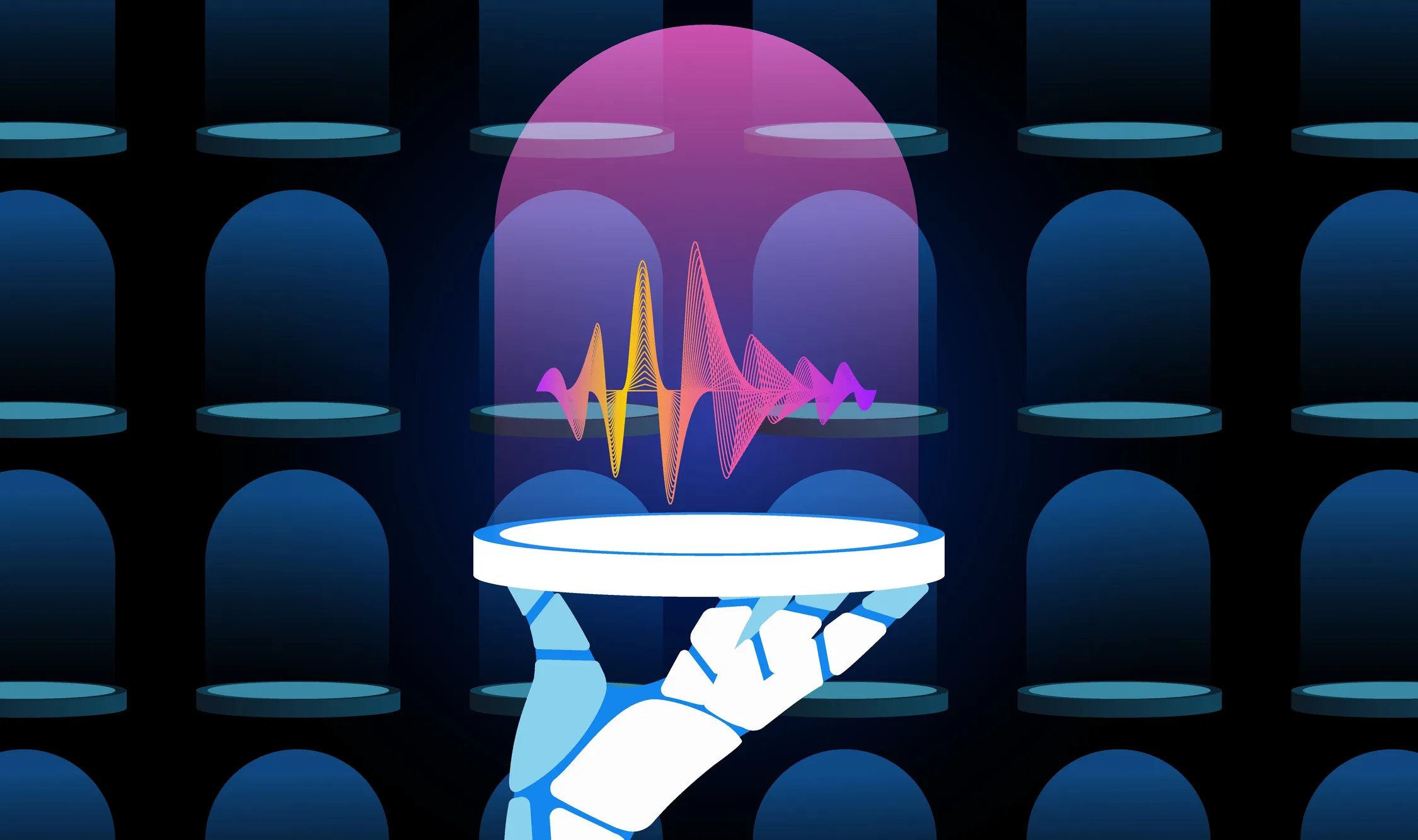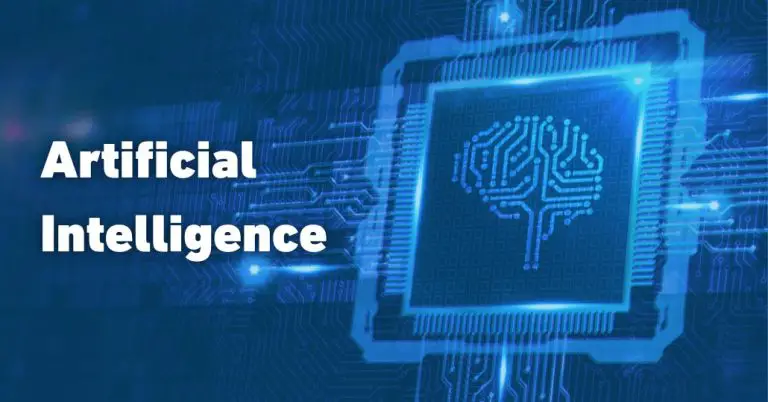
OpenAI has just made Advanced Voice Mode of ChatGPT even better, making conversations feel more natural and engaging while reducing those frustrating interruptions. Since its initial launch in September 2024, Voice Mode has already impressed many, but this latest update takes it a step further.
According to OpenAI, the improved version is designed to make ChatGPT a better conversational partner, more engaging, direct, and concise. One of the key changes is that the AI will interrupt users far less often, allowing for a smoother, more natural flow of conversation.
In a demo video shared on OpenAI’s social media, post-training researcher Manuka Stratta highlighted the improvements, showing how the AI now waits for the user to finish speaking instead of cutting in too early. Stratta explained that the goal was to create a more thoughtful and patient AI assistant, giving users more time to collect their thoughts without feeling rushed.
One of the most common frustrations with AI voice assistants has been their tendency to jump in too quickly, mistaking a pause for the end of a sentence. With this update, OpenAI has addressed that issue, making interactions with ChatGPT feel more like talking to a real person who listens attentively.
This update isn’t just for paid users, free-tier ChatGPT users can now experience a more natural Voice Mode. However, OpenAI is rolling out even more refined improvements for subscribers of the Plus, Teams, Edu, Business, and Pro plans, giving them an even smoother and more polished voice experience.
Beyond these upgrades, OpenAI also recently released a study in collaboration with MIT Media Lab exploring the emotional impact of AI assistants. The study, which analyzed millions of ChatGPT interactions along with survey responses from 4,000 participants, found that while most users engage briefly, a smaller group, referred to as “power users”, spend significantly more time interacting with the AI. Interestingly, this group also reported feeling higher levels of loneliness and dependency on the chatbot. This raises important questions about the role AI assistants play in people’s daily lives and how they might influence emotional well-being over time.
As AI continues to evolve, OpenAI is clearly focusing not just on making ChatGPT more intelligent, but also on ensuring that it enhances user experiences in meaningful ways. Whether it’s reducing interruptions, improving natural conversations, or understanding user behavior better, these updates show a commitment to refining AI-human interactions for the better.





